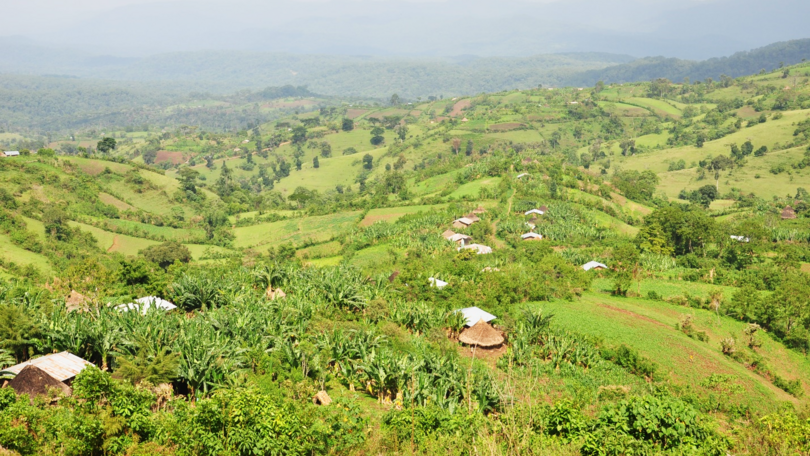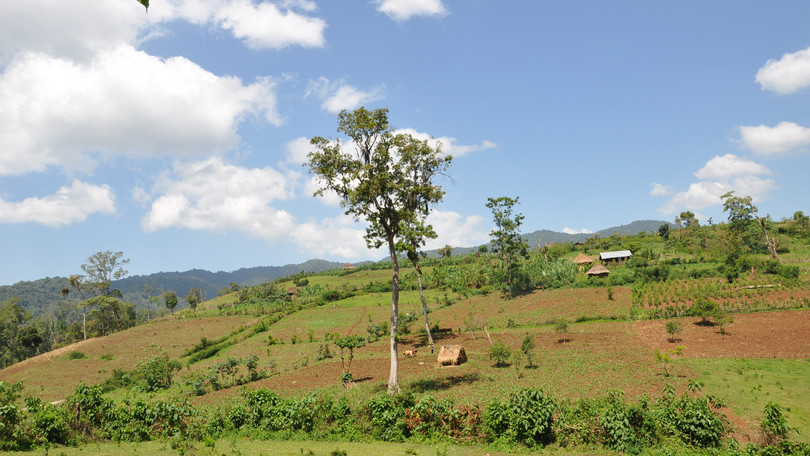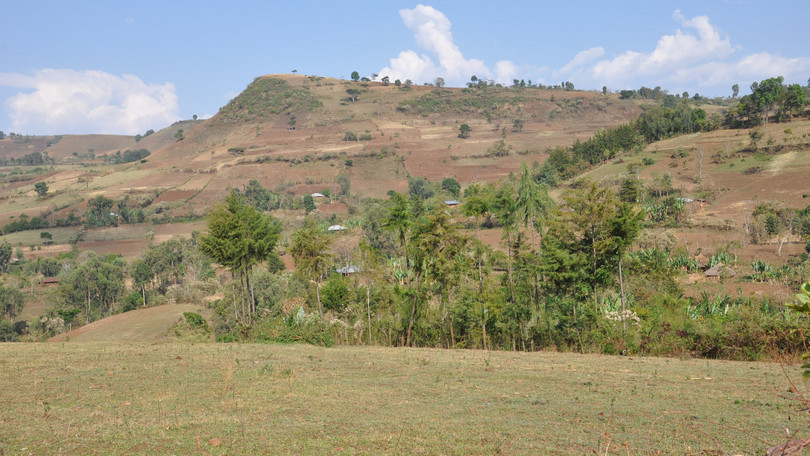A Social-Ecological Approach to Enhance Tree Diversity in Farmland with Application to a Cultural Landscape in Ethiopia
Tree and shrub species diversity and their associated multiple ecosystem services (ES) are crucial for local people livelihoods and social-ecological systems (SES) resilience, particularly in the Global South. However, top-down driven land use policy and management favouring agricultural intensification threaten the maintenance of the diversity of woody vegetation, landscape multifunctionality and hence, the resilience of SES.
The main aims of this project are a) to generate a template for how to improve farmland multifunctionality and social-ecological systems resilience via promoting the management and maintenance of trees and shrubs in the landscape; and b) to begin to apply this template in southwestern Ethiopia.
Specifically, we will 1) investigate how a multi-stakeholder perspective relates to opportunities for and barriers to improve tree diversity and management of landscape multifunctionality; 2) translate SES resilience principles to the context of smallholder agricultural landscapes, and assess how they can be operationalized to improve woody vegetation diversity management and SES resilience; 3) generate a locally or regionally usable manual; and 4) pilot the implementation of the manual in landscapes of southwestern Ethiopia.




